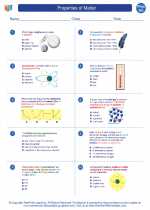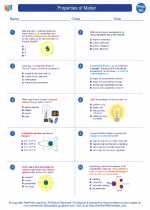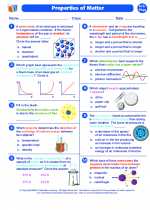Learned Behavior
Learned behavior refers to actions and responses that an organism develops as a result of experience, practice, and education. Unlike innate behaviors, which are instinctual and do not require learning, learned behaviors are acquired through observation, instruction, and experience. Understanding learned behavior is essential in the field of psychology, sociology, and biology, as it helps in comprehending human and animal behavior.
Types of Learned Behavior
There are three main types of learned behavior:
- Classical Conditioning: This type of learning occurs when a neutral stimulus becomes associated with a meaningful stimulus and produces a response. The most famous example is Pavlov's experiment with dogs, where he conditioned them to salivate at the sound of a bell by associating the bell with food.
- Operant Conditioning: This involves learning through the consequences of behavior. Behaviors that are reinforced (rewarded) are more likely to be repeated, while behaviors that are punished are less likely to be repeated. This type of learning was extensively studied by B.F. Skinner.
- Observational Learning: Also known as social learning, this type of learning occurs through observing the behavior of others and imitating that behavior. This was famously studied by Albert Bandura in his Bobo doll experiment, where children imitated aggressive behaviors they had observed in adults.
Factors Affecting Learned Behavior
Several factors influence the development of learned behavior:
- Reinforcement: Positive and negative reinforcement can both strengthen learned behaviors, while punishment can weaken them.
- Attention: The individual must pay attention to the model or the situation in order to learn from it.
- Memory: The learner must be able to retain the information or behavior in memory in order to reproduce it later.
- Motivation: The learner must be motivated to perform the learned behavior, which can be influenced by internal drives or external factors.
Applications of Learned Behavior
Understanding learned behavior has numerous real-world applications:
- In education, understanding how students learn and retain information is crucial for effective teaching strategies.
- In psychology and therapy, understanding learned behaviors helps in addressing and modifying maladaptive behaviors.
- In animal training, knowledge of operant conditioning and observational learning is used to train animals for various purposes.
- In organizational behavior, understanding how employees learn and adapt to workplace practices is essential for organizational development.
Study Guide
To grasp the concept of learned behavior, students should focus on the following key points:
- Understand the difference between innate and learned behaviors.
- Study the various types of learned behavior, including classical conditioning, operant conditioning, and observational learning, with real-life examples.
- Explore the factors that influence learned behavior, such as reinforcement, attention, memory, and motivation.
- Examine the applications of learned behavior in different fields, such as education, psychology, animal training, and organizational behavior.
- Engage in critical thinking by analyzing and discussing the ethical implications of using learned behavior principles in various contexts.
By mastering the concept of learned behavior, students can gain insight into the complexities of human and animal behavior, as well as its practical implications in diverse fields.
[Learned Behavior] Related Worksheets and Study Guides:
.◂Physics Worksheets and Study Guides High School. Properties of Matter

 Worksheet/Answer key
Worksheet/Answer key
 Worksheet/Answer key
Worksheet/Answer key
 Worksheet/Answer key
Worksheet/Answer key
